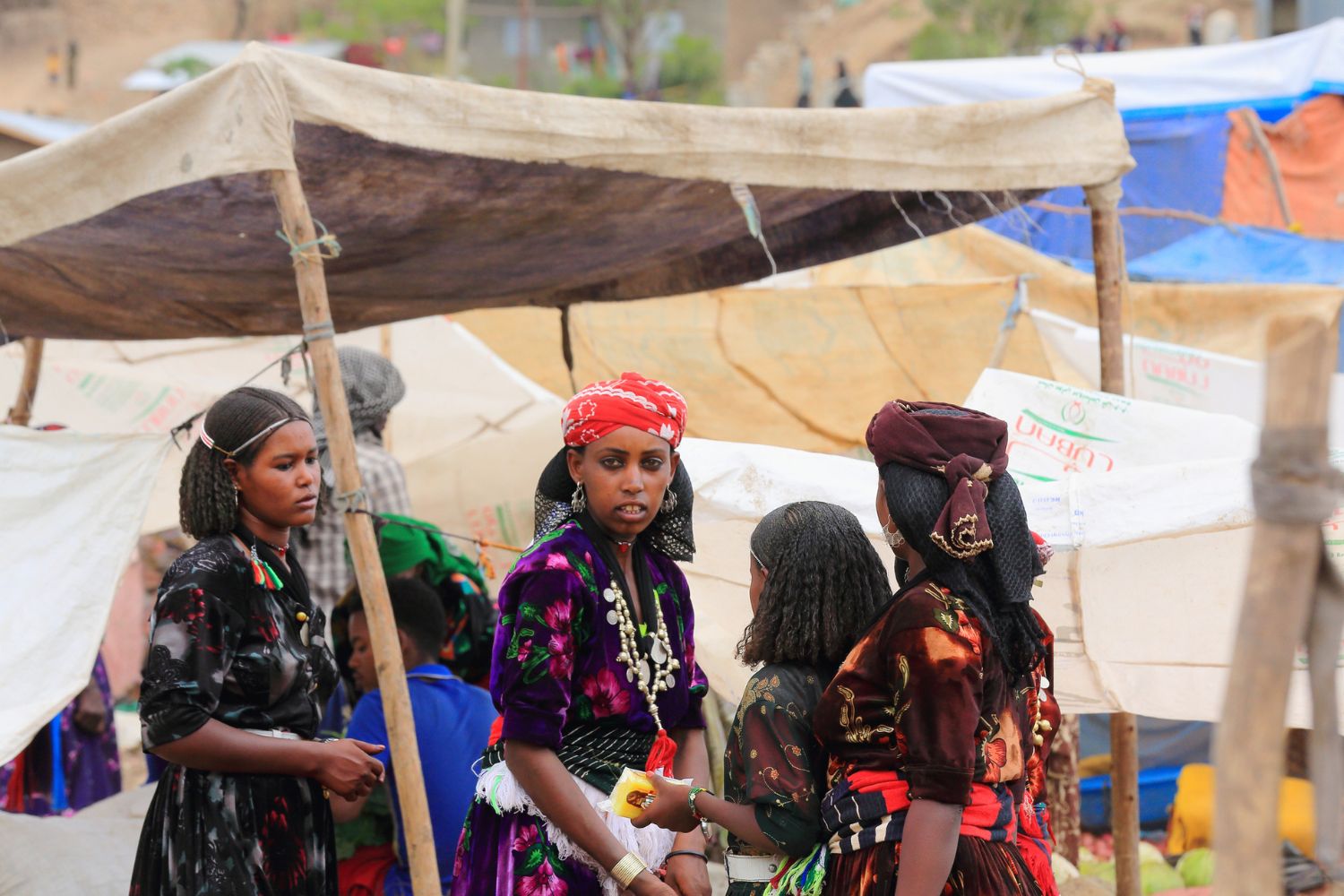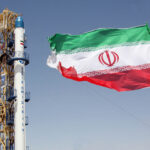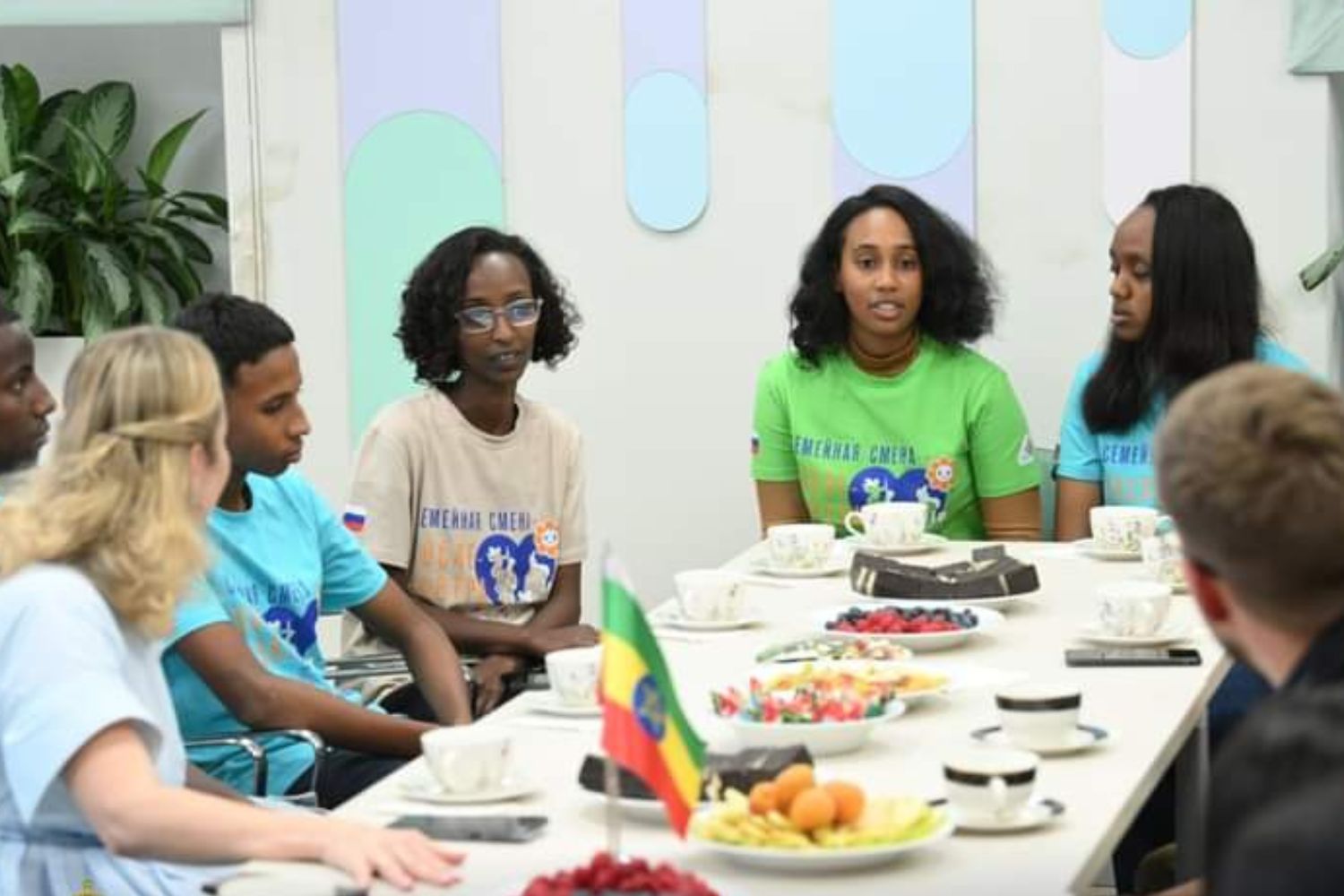Ethiopia is currently embarking on discussions to ensure the meaningful representation and influence of women in the country’s forthcoming National Dialogue process. Spearheaded by a coalition of over 50 women’s rights organisations known as the Coalition for Women’s Voice in the National Dialogue, efforts are underway to advocate for women’s participation and address their needs within the dialogue framework.
The coalition aims to develop a unified “Women’s Agenda” to present proposals on how the National Dialogue can be structured to inclusively incorporate the perspectives and aspirations of Ethiopian women.
Despite facing challenges in influencing the nomination process for the Ethiopian National Dialogue Commission, particularly due to limited opportunities provided to women’s groups, activists remain steadfast in their pursuit of meaningful representation.
The Berghof Foundation is lending support to Ethiopian women’s initiatives by providing skills-based training, facilitating inter-group outreach, and engaging with male power-holders to underscore the strategic importance of women’s participation in dialogue processes.
These concerted efforts underscore the collective determination to ensure Ethiopian women have a strong voice and influence in the upcoming National Dialogue. While challenges persist in achieving full inclusivity, the commitment of women’s rights advocates signals a significant step towards advancing gender equality and amplifying women’s voices in Ethiopia’s national discourse.
Women’s history in Ethiopia
The history of women’s liberation in Ethiopia is a story of resilience, activism, and gradual progress spanning decades of struggle against patriarchal norms and systemic inequalities. From the early movements for gender equality to contemporary advocacy efforts, Ethiopian women have played pivotal roles in challenging societal norms and advocating for their rights.
In the early 20th century, Ethiopian women began organising themselves to address social and political issues affecting their lives. One of the earliest known women’s organisations, the Ethiopian Women’s Welfare Association, was established in 1935 by Empress Menen Asfaw, the wife of Emperor Haile Selassie. This organisation focused on improving women’s access to education, healthcare, and economic opportunities.
The 1960s and 1970s saw a surge in women’s activism and organising efforts in Ethiopia. The Ethiopian Women’s Association, founded in 1951, became a prominent voice for women’s rights, advocating for legal reforms to improve women’s status and representation in society. Additionally, the Ethiopian Women Lawyers Association, established in 1967, played a crucial role in advocating for women’s legal rights and protections.
The Ethiopian Revolution of 1974 brought about significant changes in the country’s political landscape and provided opportunities for women to actively participate in politics and social change. Women’s organisations such as the Ethiopian Women’s Liberation Movement emerged during this period, advocating for gender equality, reproductive rights, and an end to gender-based violence.
ALSO READ: Women Should Be Empowered in Tech and Entrepreneurship: BRICS CCI Report
In 1995, Ethiopia adopted a new constitution that guaranteed gender equality and prohibited discrimination based on sex. This marked a significant milestone in the country’s efforts to advance women’s rights and promote gender equity. Subsequent legislative reforms, such as the enactment of the Family Code in 2000, aimed to address issues related to marriage, divorce, and property rights, further advancing women’s legal protections.
Despite these legislative and policy advancements, Ethiopian women continue to face numerous challenges, including limited access to education, healthcare, and economic opportunities, as well as pervasive gender-based violence and discrimination. However, women’s rights activists and organisations remain steadfast in their efforts to address these issues and advocate for gender equality and social justice.
In recent years, Ethiopian women have been at the forefront of various social movements and protests, demanding accountability, justice, and equality. The #MeTooEthiopia movement, for example, has shed light on the prevalence of sexual harassment and assault in the country and sparked conversations about women’s rights and empowerment.
Overall, the history of women’s liberation in Ethiopia reflects a complex and ongoing struggle for gender equality and social justice. While significant progress has been made, there is still much work to be done to ensure that Ethiopian women enjoy full and equal rights and opportunities in all aspects of society.
Prolific Ethiopian women’s rights activists
Bogaletch Gebre: Bogaletch Gebre was a pioneering Ethiopian women’s rights activist known for her tireless advocacy against female genital mutilation (FGM) and child marriage. Co-founder of the KMG Ethiopia organisation, Gebre dedicated her life to empowering women and girls in rural Ethiopia, where harmful traditional practices were prevalent. Through grassroots initiatives, community engagement, and education campaigns, she successfully led efforts to eradicate FGM and promote gender equality, earning international recognition for her transformative work.
Bethlehem Tilahun Alemu: Bethlehem Tilahun Alemu is an Ethiopian entrepreneur and women’s rights advocate best known for founding soleRebels, the world’s first fair trade-certified footwear company. Alemu’s innovative business model prioritises sustainability, ethical production practices, and empowering local artisans, particularly women, in Ethiopia. Through her company, she has created economic opportunities for women in marginalised communities, challenging traditional gender roles and promoting women’s economic empowerment as a catalyst for social change.
Tseday Alehegn: Tseday Alehegn is a prominent Ethiopian women’s rights activist and lawyer who has dedicated her career to advancing gender equality and combating gender-based violence. As the founder of the Ethiopian Women Lawyers Association (EWLA), Alehegn has been at the forefront of legal advocacy and policy reforms to protect women’s rights and promote access to justice. Her work has focused on addressing issues such as domestic violence, child marriage, and discrimination against women, advocating for legislative reforms and providing legal aid and support services to women and girls across Ethiopia. Alehegn’s efforts have been instrumental in raising awareness about women’s rights issues and driving meaningful change in the country.
ALSO READ: Landmark Lawsuit: Families of Chinas WWII ;Comfort Women; Demand Apology and Compensation from Japan













